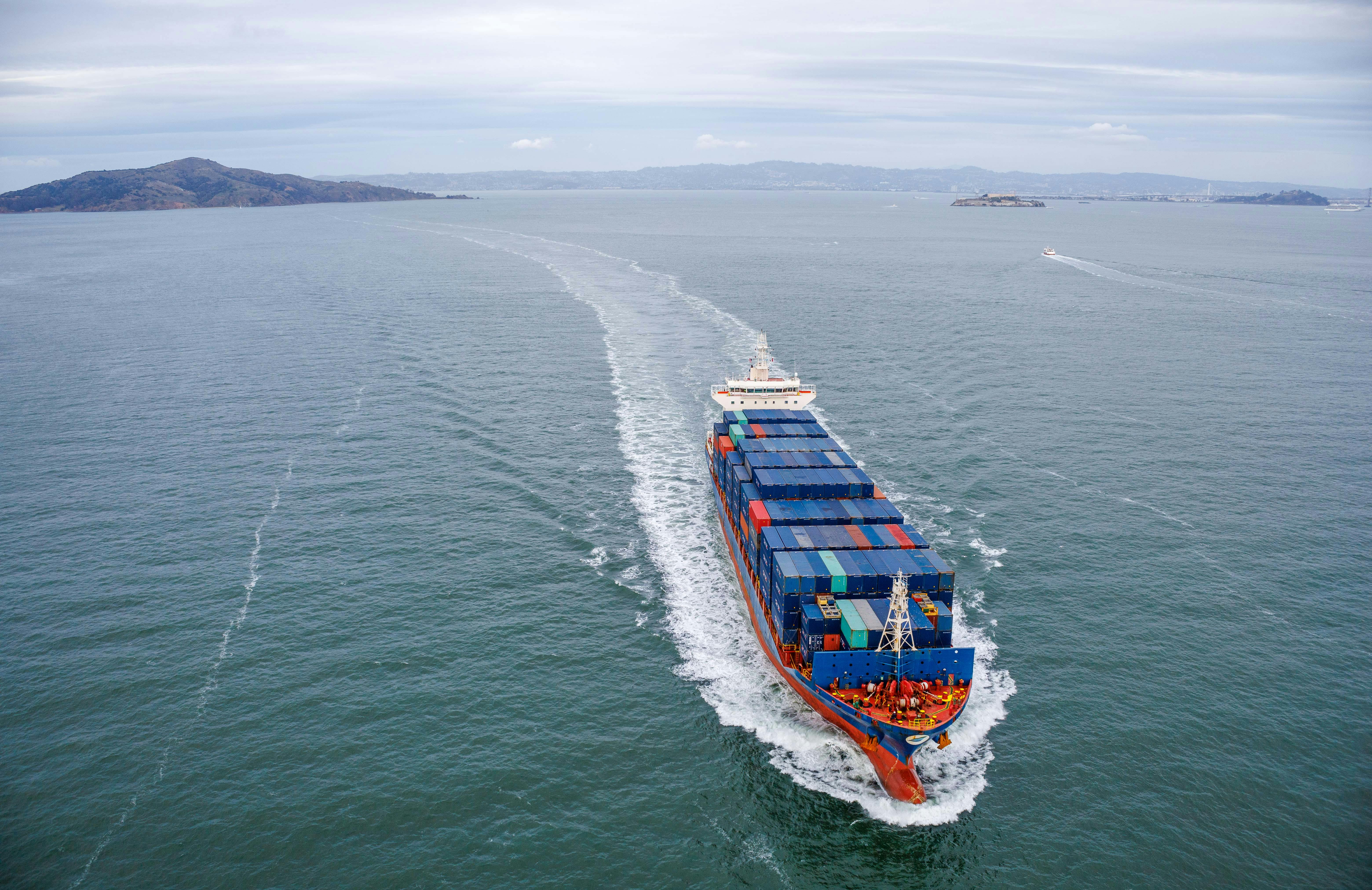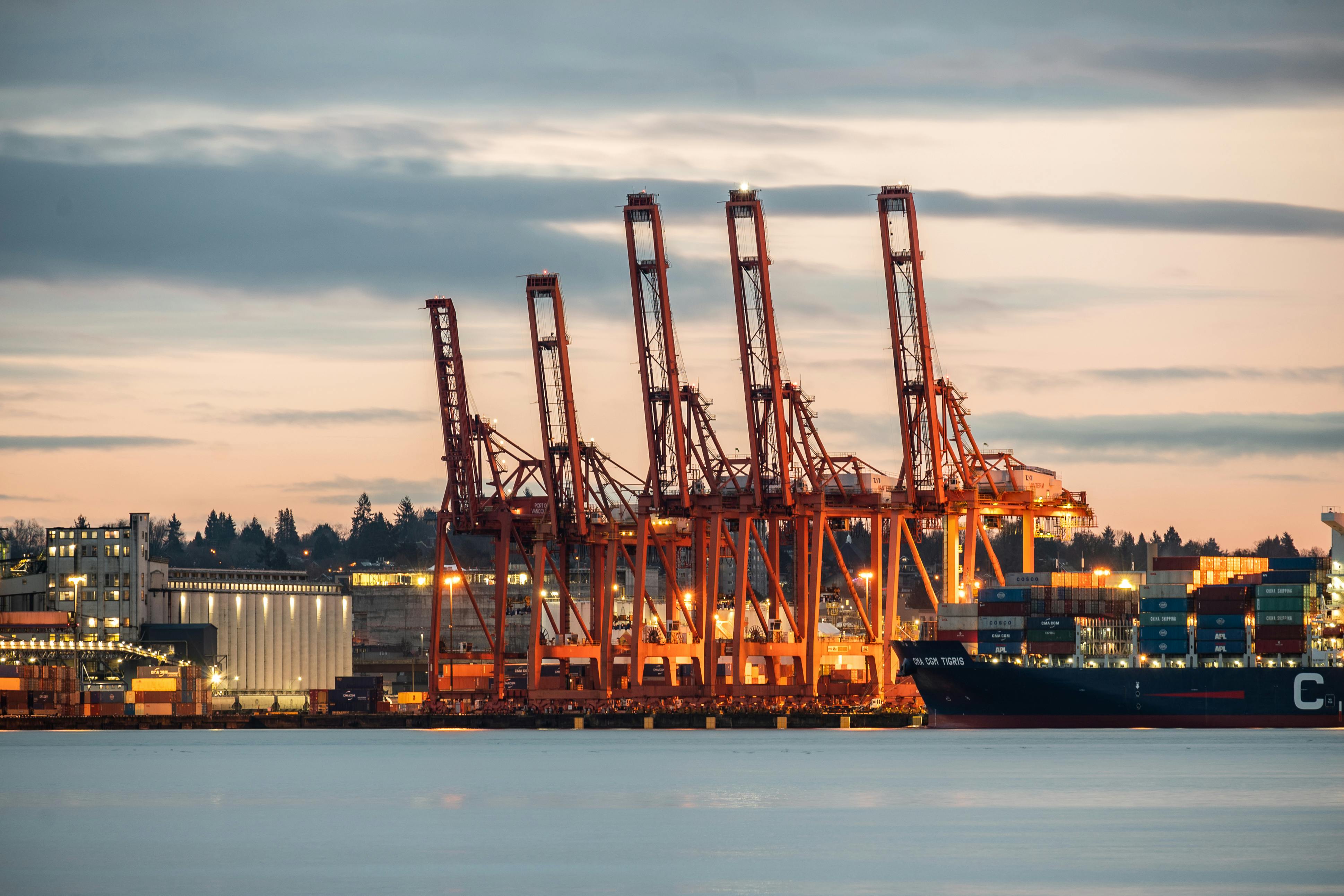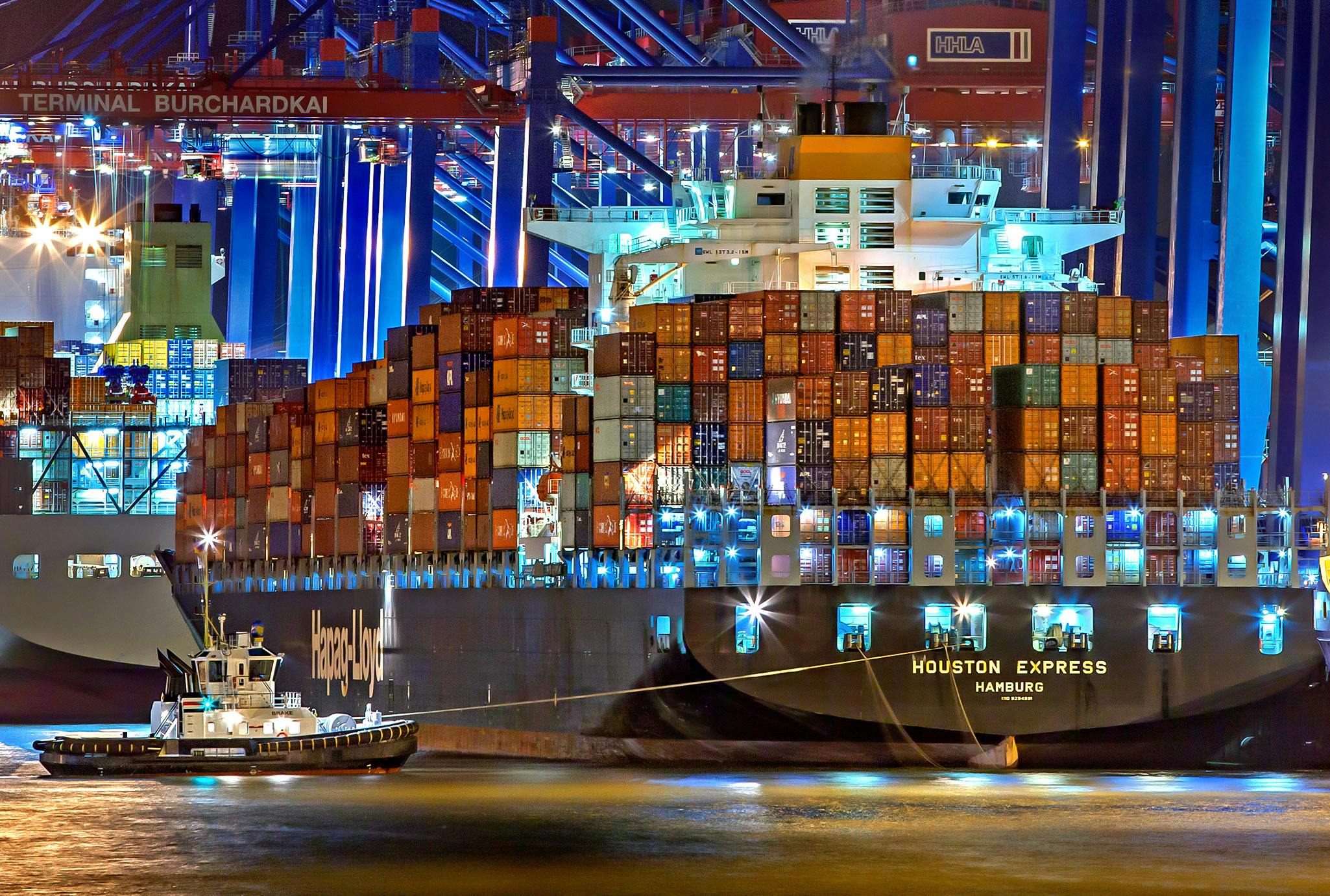Transforming Freight Forwarding for SMEs: Unlocking Efficiency and Cost Savings
How Tech-Ready Businesses Can Navigate the New Frontier of International Logistics

December 12, 2024
The freight forwarding industry has long grappled with manual, inefficient processes - a problem that has only been exacerbated by global supply chain disruptions in recent years. For small and medium-sized enterprises (SMEs) in particular, these challenges have resulted in delayed shipments, increased costs, and an overall lack of visibility and control over their international logistics.
However, a new wave of innovative, technology-driven freight forwarding platforms is poised to transform this landscape. By leveraging automation, real-time data, and advanced analytics, these solutions are empowering SMEs to streamline their global operations and gain a competitive edge.
In this article, we'll explore the key pain points faced by SMEs in traditional freight forwarding, and uncover how embracing tech-enabled platforms can unlock measurable improvements in efficiency, cost savings, and customer experience. We'll also peer into the future, examining the continued advancements that will shape the next era of international logistics for growing businesses.
Limitations of Traditional Freight Forwarding
The High Cost of Manual Processes
Industry data reveals that inefficiencies in freight forwarding cost the industry a staggering $50 billion annually. A primary driver of these wasteful expenses is the reliance on manual workflows - with an estimated 70% of freight forwarding tasks still performed by hand. This manual approach introduces a range of problems:
- Increased risk of errors in documentation and data entry, leading to delays and fines
- Lack of real-time visibility into shipment status and supply chain performance
- Suboptimal routing and carrier selection, resulting in inflated logistics costs
As a result, SMEs utilizing traditional freight forwarders often face extended delivery timelines and higher fees passed on from providers - with customers experiencing an average 20% increase in shipping time and 18% rise in operational costs.
The Demand for Modernization
SMEs across industries are increasingly aware of the limitations posed by legacy freight forwarding methods. Seeking greater efficiency, cost control, and customer-centricity, these growing businesses are actively seeking out technology-driven logistics solutions to transform their global supply chains.
Key factors driving SMEs to embrace modern freight forwarding platforms include:
- The need to minimize manual errors and delays that disrupt delivery schedules
- A desire for real-time visibility into shipment status to improve planning and communication
- The goal of optimizing routing and carrier selection to reduce overall logistics expenditures
- The demand for a superior customer experience through streamlined, transparent processes
By partnering with innovative freight forwarding providers, SMEs can access enterprise-level capabilities that were previously out of reach - leveling the playing field and unlocking new avenues for growth.
The Tech-Driven Transformation of Freight Forwarding
Efficiency Through Automation
At the heart of next-generation freight forwarding platforms are intelligent automation features that dramatically reduce manual touchpoints and associated errors. These include:
- Automated document processing and validation to eliminate data entry mistakes
- Seamless integration with global trade databases for real-time compliance checks
- AI-powered routing optimization to identify the most cost-effective and reliable carriers
By minimizing manual workflows, SMEs can expect to see marked improvements in delivery speed and reliability, translating to enhanced customer satisfaction and loyalty.
Visibility and Control
Modern freight forwarding solutions also provide SMEs with unprecedented visibility and control over their global supply chains. Through intuitive dashboards and reporting capabilities, businesses can:
- Track shipments in real-time, from pickup to final delivery
- Monitor key performance indicators like on-time delivery rates and transit times
- Gain data-driven insights to inform strategic planning and continuous improvement
This heightened transparency empowers SMEs to make more informed decisions, proactively mitigate disruptions, and deliver a more reliable experience for their own customers.
Competitive Advantages for SMEs
By embracing technology-driven freight forwarding, SMEs can unlock a range of competitive advantages that were previously out of reach. Key benefits include:
- Access to enterprise-level logistics capabilities and negotiating power
- Ability to differentiate through superior customer service and reliability
- Opportunity to reinvest cost savings into core business activities and growth initiatives
Ultimately, the adoption of tech-enabled freight forwarding platforms enables SMEs to punch above their weight, leveling the playing field against larger, more established competitors.
The Road Ahead: Continued Innovation in Freight Forwarding
Emerging Technologies and Future Trends
As the demand for modern, streamlined logistics solutions continues to grow, we can expect to see even more transformative advancements in the freight forwarding space. Emerging technologies like artificial intelligence, blockchain, and the Internet of Things (IoT) will play an increasingly important role, enhancing visibility, automation, and predictive capabilities.
Some key innovations that will shape the future of freight forwarding include:
- AI-powered predictive analytics to forecast demand, optimize routing, and mitigate disruptions
- Blockchain-based documentation and payments to improve security and transparency
- IoT sensors and devices to provide real-time monitoring of shipment conditions and location
These advancements will empower SMEs to further streamline their global operations, making them more agile, cost-effective, and responsive to customer needs.
Conclusion: Embracing the Digital Transformation
The time is now for SMEs to seize the transformative potential of technology-driven freight forwarding. By partnering with innovative providers, growing businesses can unlock measurable improvements in efficiency, cost savings, and customer experience - positioning themselves for long-term success in the global marketplace.
As you evaluate your own international logistics needs, I encourage you to explore the latest advancements in this space. With the right tech-enabled platform supporting your global supply chain, you can free up resources, enhance competitiveness, and better serve your customers - all while preparing your business for the future of freight forwarding.








